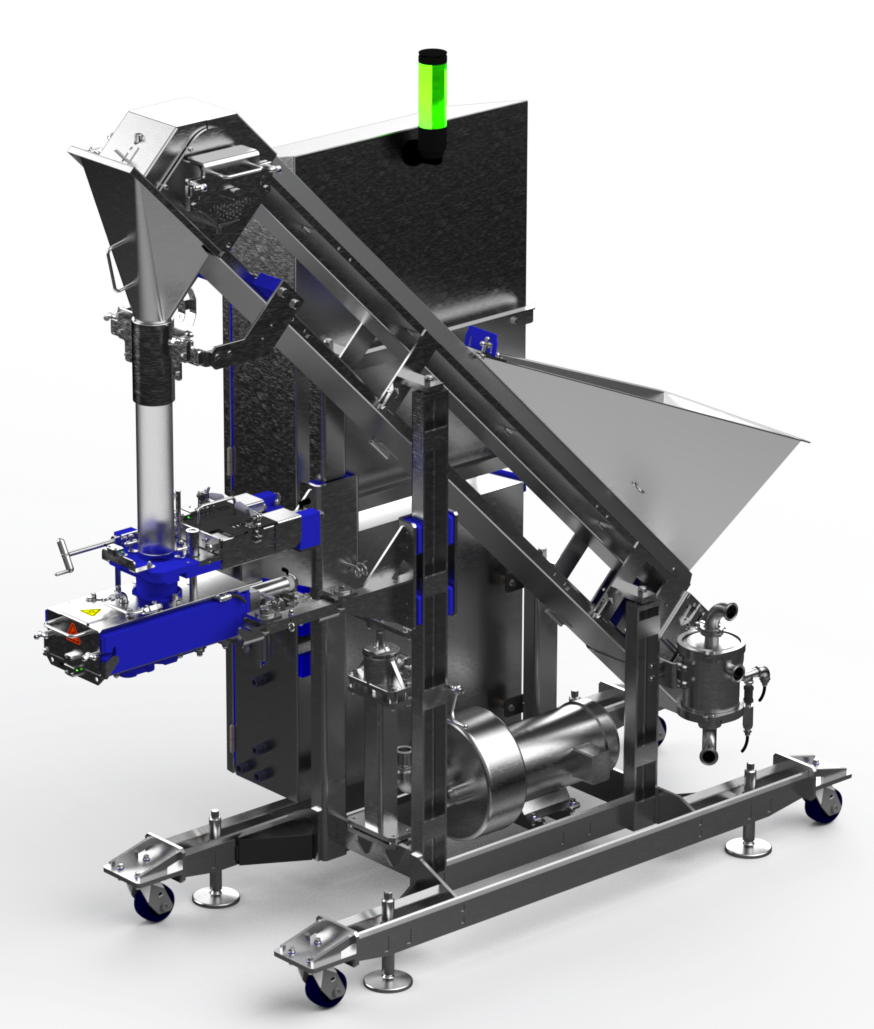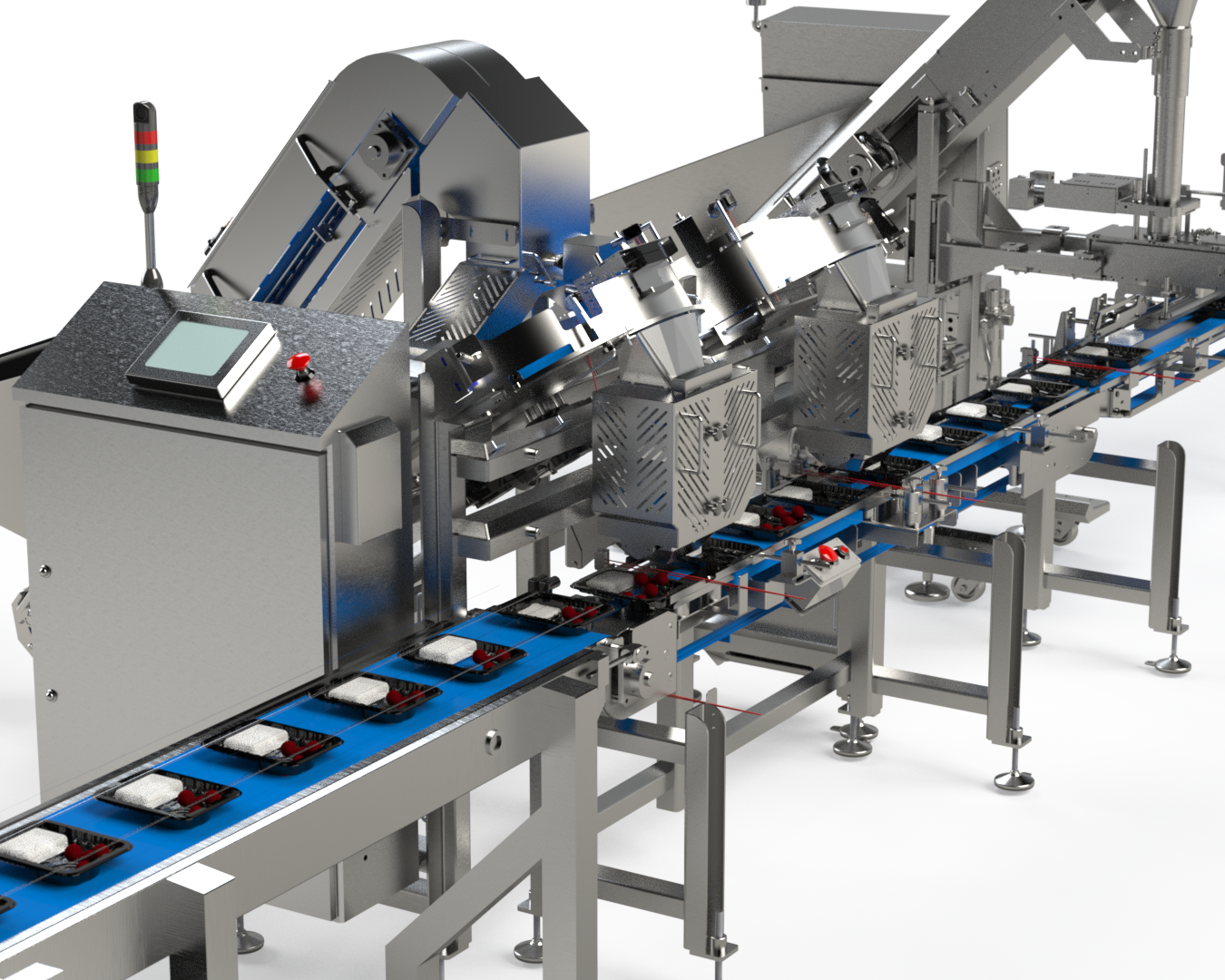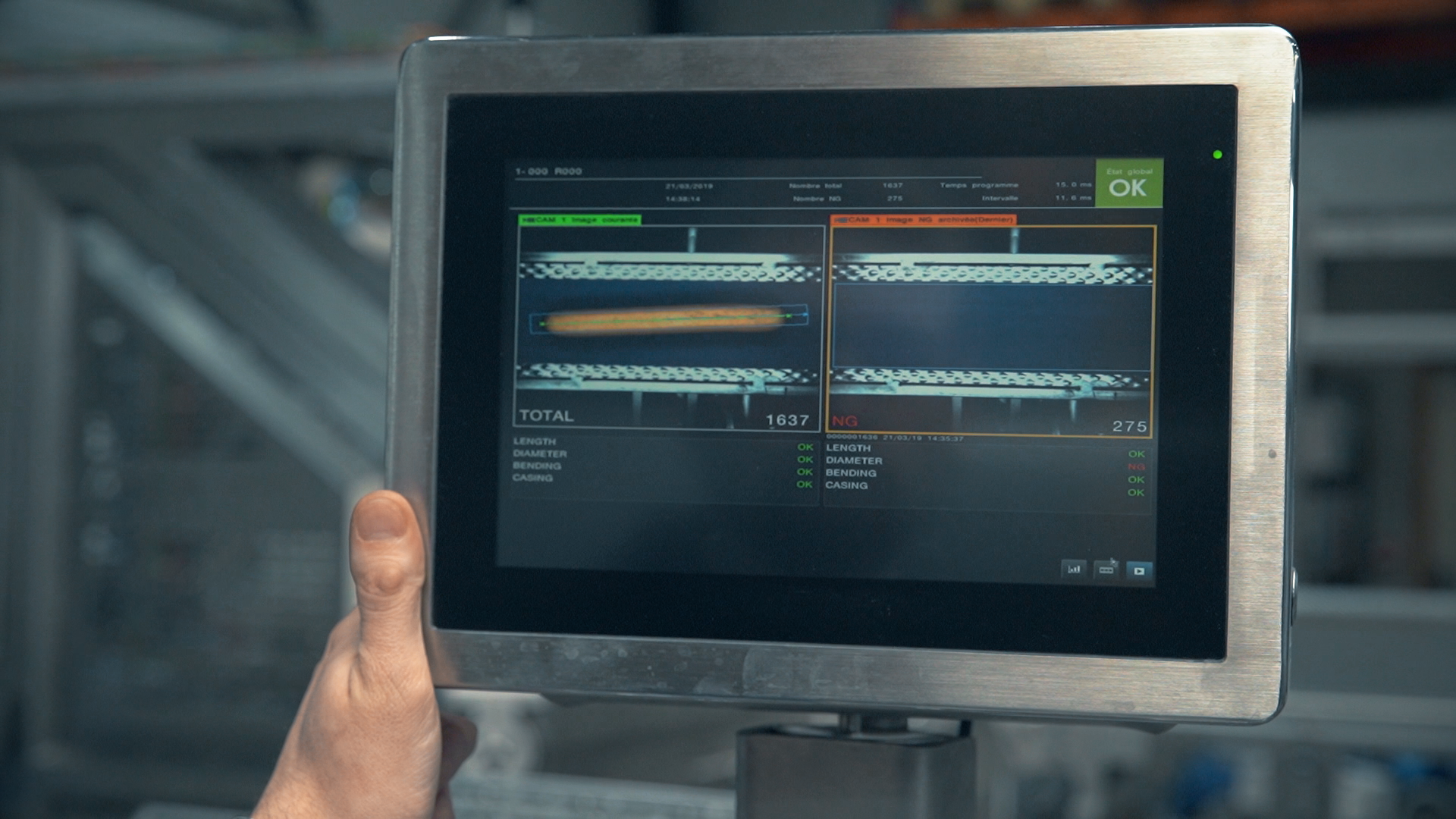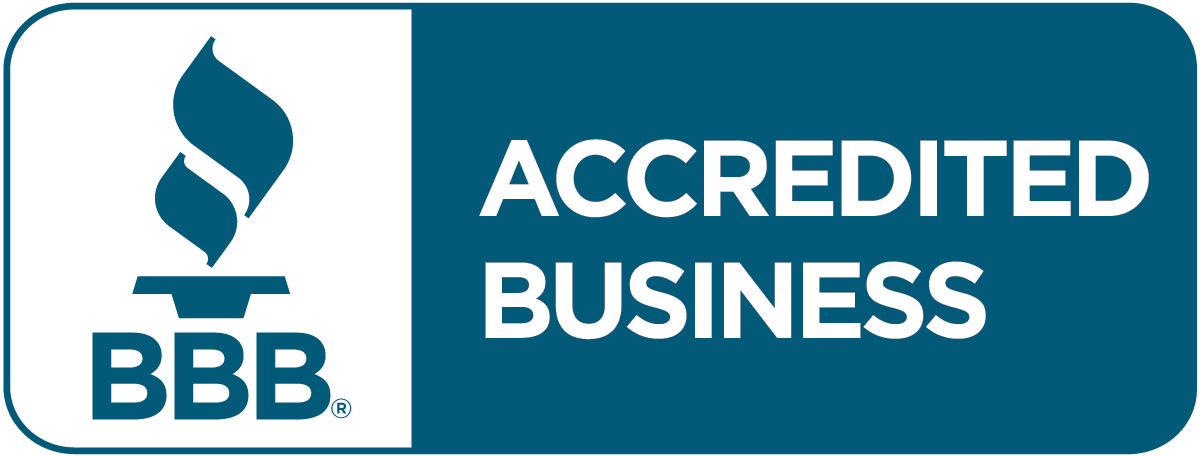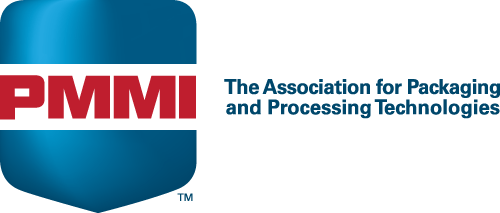How Filling Machines Improve Productivity and Efficiency
Filling machines are essential in the modern manufacturing process. They are used to fill various products, such as liquids, powders, and granules, into containers with accuracy and speed. These machines are designed to improve productivity and efficiency by automating the filling process, reducing human error, and minimizing product wastage. Filling machines can also handle a wide range of products, making them versatile and adaptable to various manufacturing requirements. With their ability to increase production output and maintain consistent quality, filling machines have become a vital tool for manufacturers looking to streamline their operations and stay competitive in the market.
In this blog post, we’ll cover how filling machines can bring about productivity improvements.
Value and Durability
Filling machines are a significant investment for any manufacturing business, but their value and durability make them a worthwhile investment. These machines offer an efficient and cost-effective way to fill containers accurately and consistently, reducing wastage and increasing productivity. Additionally, filling machines are designed to be durable and long-lasting, with high-quality materials and precision engineering. Regular maintenance and servicing can further extend the lifespan of these machines, making them a reliable asset for years to come.
The value of filling machines extends beyond their immediate benefits to manufacturers. They also play a role in improving customer satisfaction by ensuring that products are consistently filled to the correct level, reducing the likelihood of product returns or complaints. As a result, investing in a filling machine can provide significant long-term benefits to a manufacturing business, including increased productivity, reduced wastage, and improved customer satisfaction.
Speeding Up Production
Filling machines are designed to speed up production in manufacturing processes. They are equipped with advanced technology that enables them to fill containers accurately and efficiently, minimizing human error and reducing manual labor costs. These machines can fill containers quickly, significantly increasing the production output. Additionally, filling machines can handle a wide range of product types and container sizes, making them adaptable to different manufacturing requirements. This versatility allows manufacturers to streamline their production processes and reduce the time required for product changeover. By speeding up production, filling machines can help manufacturers meet increasing demand while maintaining consistent quality and reducing costs.
Easy to Use, Clean, and Maintain
Filling machines are designed to be easy to use, clean, and maintain. Most machines come with intuitive controls and user-friendly interfaces, making them simple to operate even for inexperienced workers. In addition, filling machines are constructed using high-quality materials that are easy to clean, ensuring that the production process remains hygienic and free from contamination. Routine preventative maintenance and servicing are also straightforward, with many manufacturers providing comprehensive manuals and online resources to assist with upkeep. This ease of use and maintenance not only saves time and effort but also ensures that the filling machines remain reliable and efficient over their lifespan, providing long-term value to the manufacturing business.
Enhancing Profitability
Filling machines can enhance profitability in several ways. Firstly, they can significantly increase production output, allowing manufacturers to meet increasing demand and maximize their revenue potential. Secondly, filling machines can reduce product wastage, ensuring that resources are used efficiently and reducing costs associated with product spoilage. Additionally, filling machines can improve product consistency and quality, leading to increased customer satisfaction and potentially higher prices for the products. Lastly, the durability and longevity of filling machines provide long-term cost savings by reducing the need for frequent equipment replacements.
If you want to invest in automated filling machines, look no further than
Multi-Fill. We offer ideal food filling machines for:
- Rice & Pastas
- Salads
- Vegetables and Fruits
- Meats
- And more!
Contact us today to get filling systems that will improve productivity and efficiency.
Designing a food filling line: Product is king
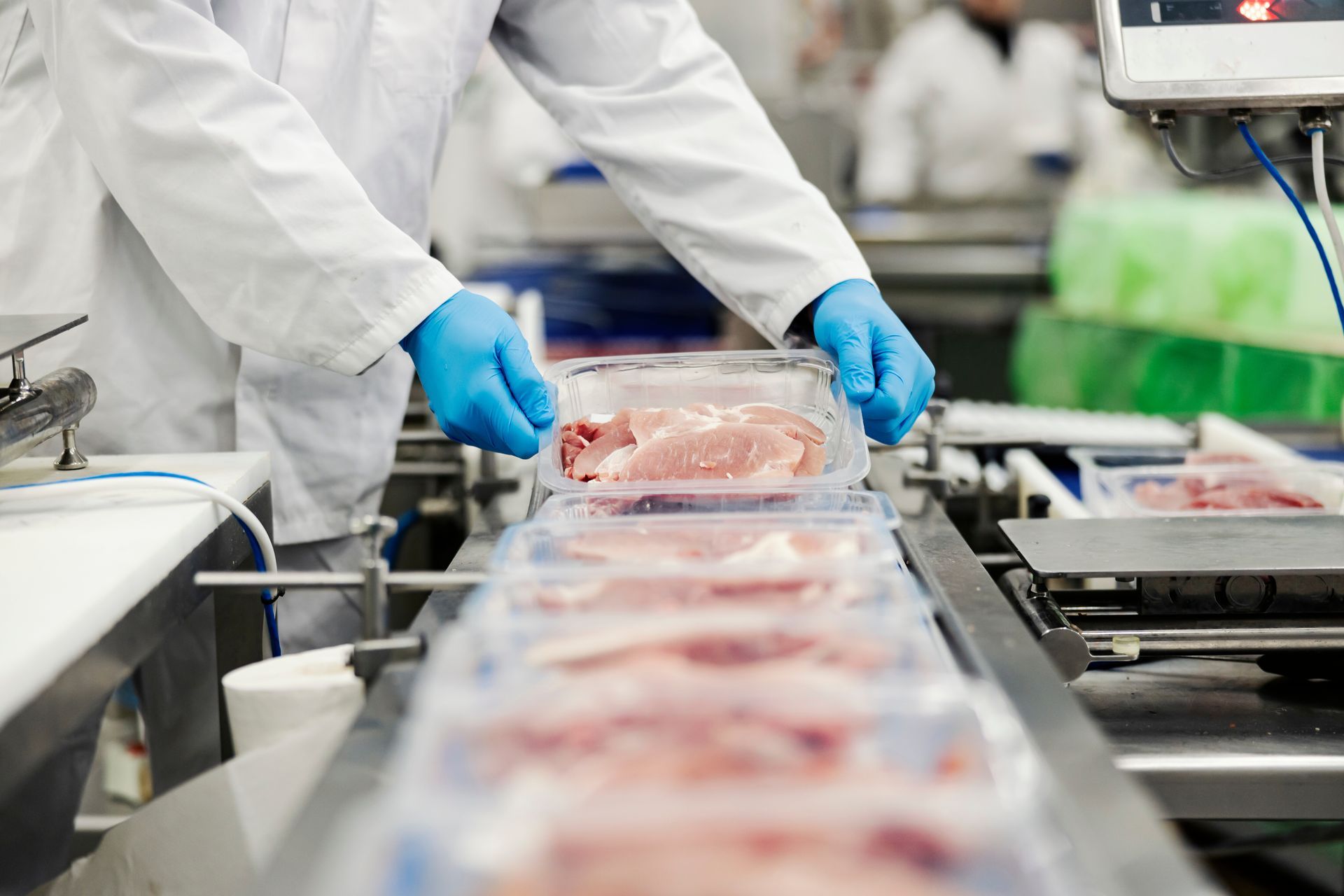

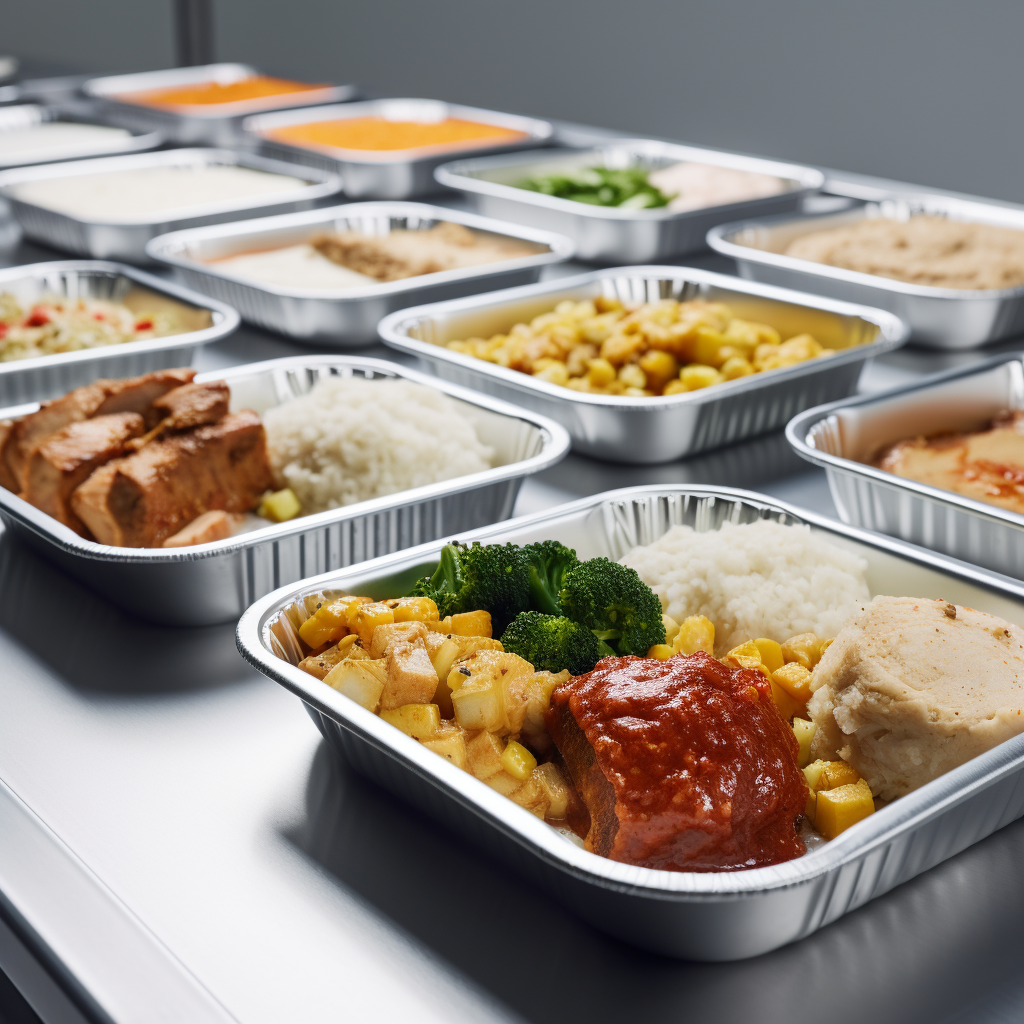
Stay in Touch
Product news, tips, subscribe to our newsletter:
Contact Us
We will get back to you as soon as possible.
Please try again later.




